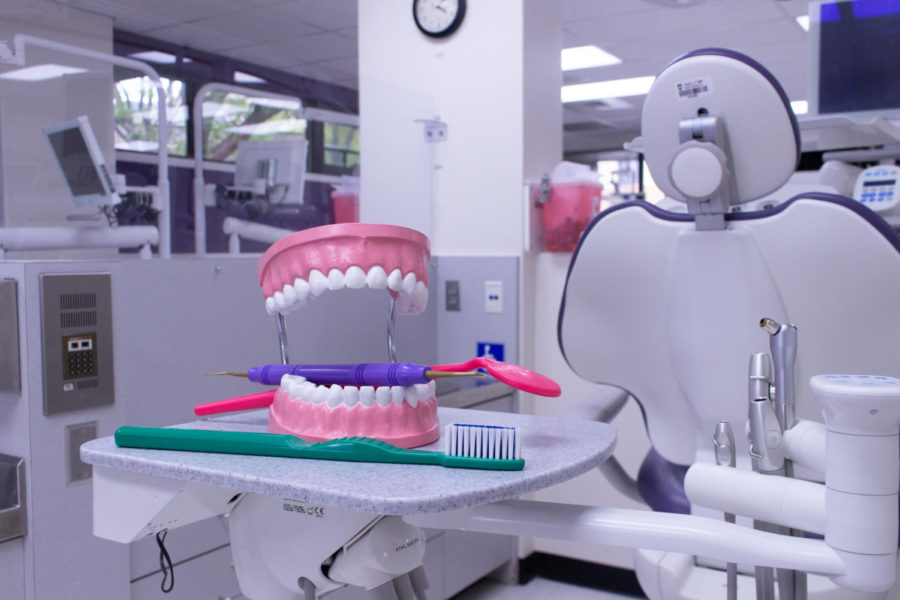
Love is a science. There are psychological reasons behind both attraction and the actual act of falling in love with someone.
“They say opposites attract, but I feel like the more similar you are with someone the more likely you will end up with that someone,” said Gina Kim, a freshman at Weber State University. “I know that when you see someone a lot more you find them a lot more attractive.”
There is a proven time during the year that people are more likely to fall in love as well as a time where it is less likely for people to fall in love.
According to the article “The Science Behind Falling in Love” in Psychology Today by Maryanne Fisher, who has a doctorate degree in psychology, people are less likely to fall in love during winter.
The reason behind this is because people are less likely to be outside participating in activities like they would be in the fall, spring and summer.
In the fall, spring and summer, people often wear less clothing or more revealing clothing, which causes the opposite genders to take more notice.
During the earlier stages of attraction the brain lets out a chemical called dopamine. The dopamine released into the body also triggers testosterone to be released, which causes a person to feel giddy, excitable and even have a brighter view on life.
When a person feels these emotions they will obviously take what is fueling the feelings and strive to continue the interaction with the person who makes them feel this way.
Fisher discusses in her article that after the initial attraction stage has come and gone, there is then a release of norepinephrine and (PEA) phenylethylamine. These neurotransmitters will cause a partner to disregard flaws the other partner has.
A drawback to both PEA and norepinephrine is that if the relationship doesn’t work out, both these neurotransmitters can act as depressants, leading that partner to feel down about the loss of the potential relationship.
The brain also has an award system during the beginning stages of love. When the lover touches that person or speaks kindly to that person, they will then have the feelings of happiness and excitement.
“Humans aren’t meant to be alone so you connect with people you feel more comfortable with,” said Jenna Whitney, a freshman at Weber State. “Humans need companionship so it is easier to connect with someone you see all the time.”
Not only is it the neurotransmitters that play a huge role in falling in love, but it is also the activities that two people partake in together.
“Love is without a doubt a chemical response to someone we are attracted to,” said Haylee Ross, sophomore at Weber State. “There will be people who we have chemistry with and people we don’t. It’s all about finding that right person.”
According to an article “13 Weird Psychological Reasons Someone Might Fall in Love With You” by Maggie Zhang, if two people do something thrilling with each other there is a greater chance they will fall in love.
If a first date is extremely exciting, the couple will believe that the excitement and adrenaline is from each other, not necessarily the activity. They will then associate that person with that feeling and be more likely to go on a second date with that person.














